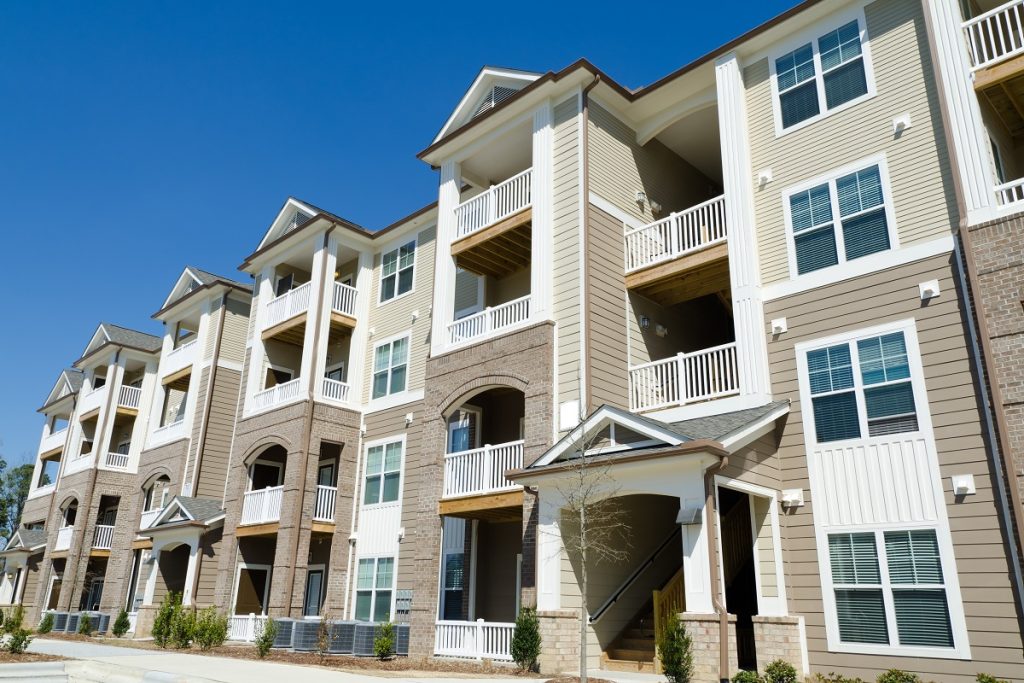- Determine your rental property niche based on property type, location, amenities offered, target market etc.
- Analyze finances to assess costs associated with purchasing and managing a property.
- Obtain necessary licensing and insurance coverage, including liability coverage for tenants’ personal property.
- Prepare for maintenance and repairs, including water & electricity, appliances, structural issues and landscape maintenance.
- Utilize professional property management to gain the expertise of a manager.
The idea of establishing a rental property business could bring about enthusiasm and beneficial outcomes. However, it is important to take the time to plan your business carefully to maximize the chances of success. Before getting started, there are a few key tips you should consider. Here are five tips for starting a rental property business.
1. Determine Your Rental Property Niche
Once you have researched the area and determined the rental rates, it is time to determine your rental property niche. Your niche should be based on property type, location, amenities offered, target market, etc.
For example, if you own a residential property in an urban area with access to public transportation and popular local attractions nearby, you could target students, young professionals, or families. For vacation rental properties, the options are nearly endless. You may choose to go after a niche market, such as retirees looking for winter getaways or millennials interested in outdoor activities like camping and hiking. Whatever your niche, ensure it aligns with your area and your target audience’s needs.
2. Analyze Your Finances

It’s also important to assess your financial situation before investing in a rental property business. You should consider the costs of purchasing and managing a property and any potential liabilities you may incur. You should consider how long it takes to break even on your investment and ensure you can continue to cover expenses until your rental income begins to cover them.
Be aware of potential risks associated with owning and managing a property, such as tenant defaults or damage to the property. Understanding the potential costs and risks of owning rental property will help you decide whether this is the right investment.
3. Obtain Necessary Licensing and Insurance
Depending on your location, there may be certain licensing and insurance requirements for rental property owners. Explore local regulations or consult an attorney or real estate broker knowledgeable in the rental property business. Ensure you also obtain any necessary licenses and permits before renting your property. It is important to obtain appropriate insurance coverage for your rental property business. This includes liability coverage for bodily injury or damage to a tenant’s personal property and any potential damage from a fire or other natural disasters.
Consider investing in additional coverage, such as loss of rental income, if your property becomes uninhabitable for a period. It is also important to look into insurance coverage for any potential legal disputes arising from operating a rental property business.
4. Prepare for Maintenance and Repairs
Running a rental property business means being ready to address maintenance and repair needs on an ongoing basis. Ensure you have a plan for responding to tenant requests promptly and a budget for any costs associated with these issues. Keeping an eye on the condition of your rental property can help prevent larger problems down the road and ensure it remains attractive to potential tenants.
Here are some maintenance and repairs to consider:
Water and Electricity Maintenance
Water and electricity are essential for any rental property. Check for leaky pipes, broken fixtures, and faulty wiring. Regularly inspect your HVAC system to ensure it is functioning properly and efficiently.
Appliance Maintenance

Ensure all appliances in the rental unit are working correctly by regularly checking them for proper operation. If appliances break down, replace them quickly to prevent further damage and inconvenience.
Structural Maintenance
Inspect the property for structural issues such as cracked walls, roofing, foundation problems, and other large-scale maintenance needs. Have a plan in place for addressing these more serious concerns promptly and professionally.
Landscape Maintenance
Keep the property looking attractive by maintaining the lawn and any landscaping features. Trim trees, bushes, and hedges regularly to keep the grounds well-maintained and debris-free. An inviting yard can go a long way in attracting desirable tenants.
5. Utilize Property Management
If you are short on time or overwhelmed by the many responsibilities of running a rental property business, consider utilizing professional property management. Property managers can help with tenant screening, rent collection, and marketing your property to potential tenants. Moreover, they provide support with maintenance and repairs, ensuring the property is always up to code. They will also handle any tenant disputes or legal issues that may arise.
Final Thoughts
Starting a rental property business is an exciting opportunity that can be lucrative if you approach it with a plan. With these tips, you are on your way to creating a successful venture. Good luck, and happy investing!

